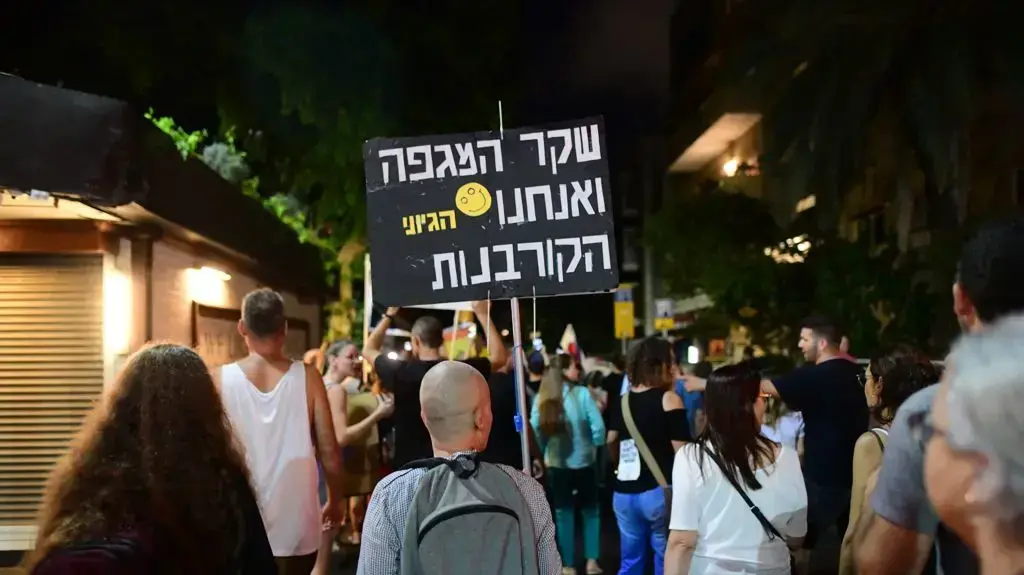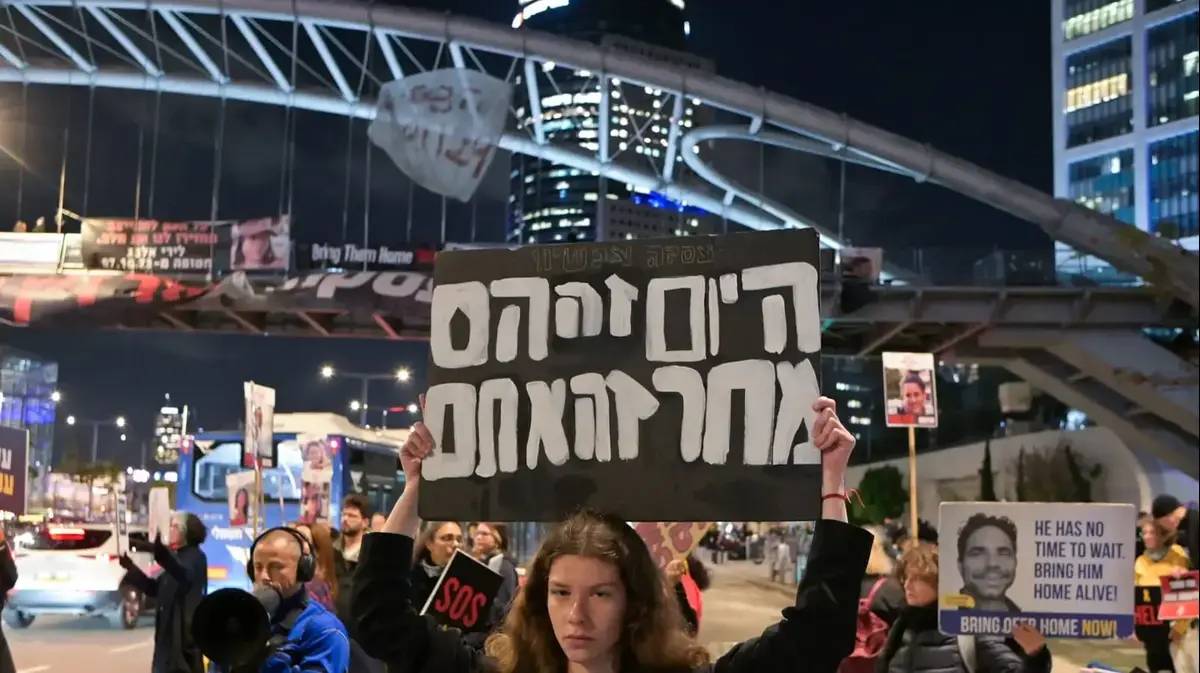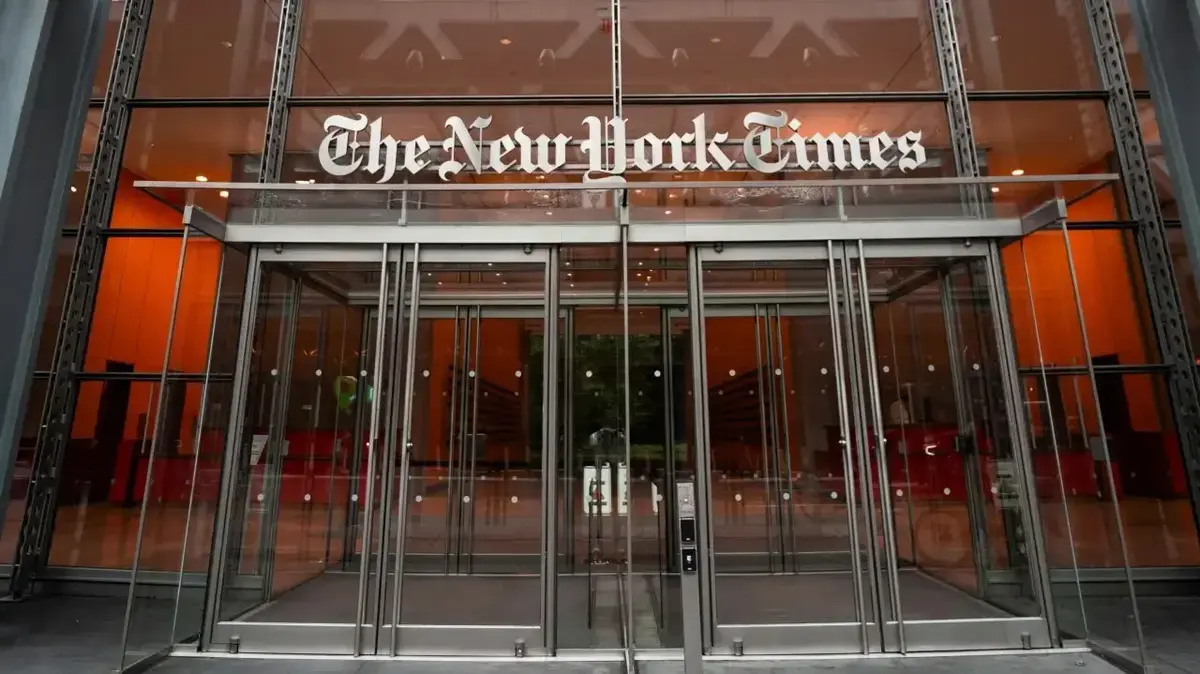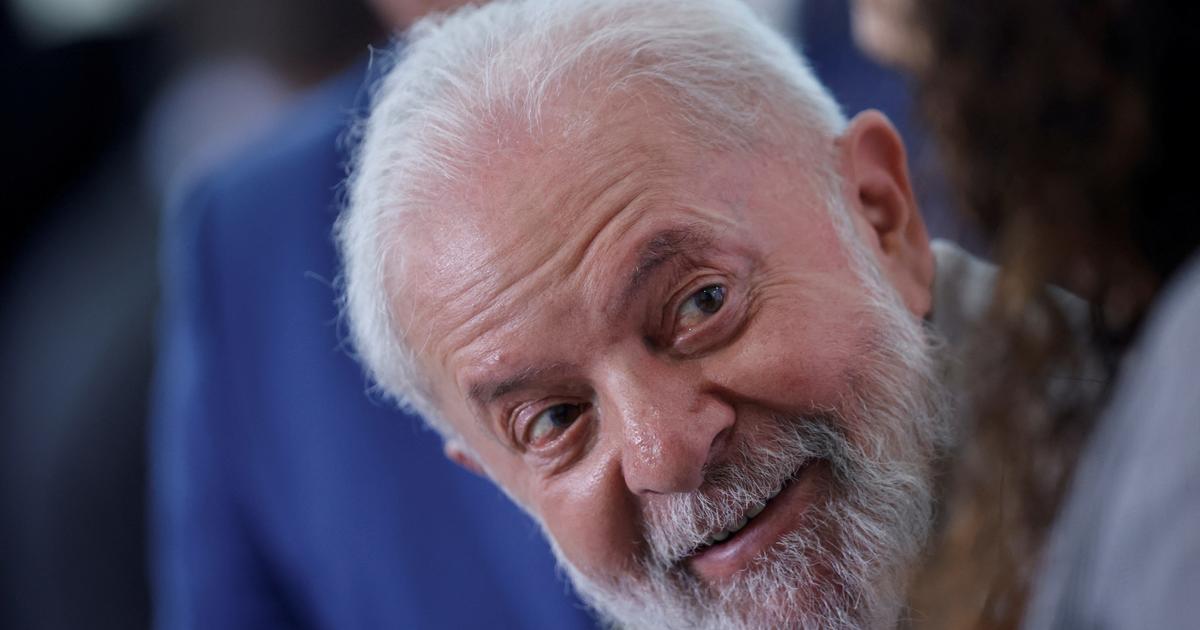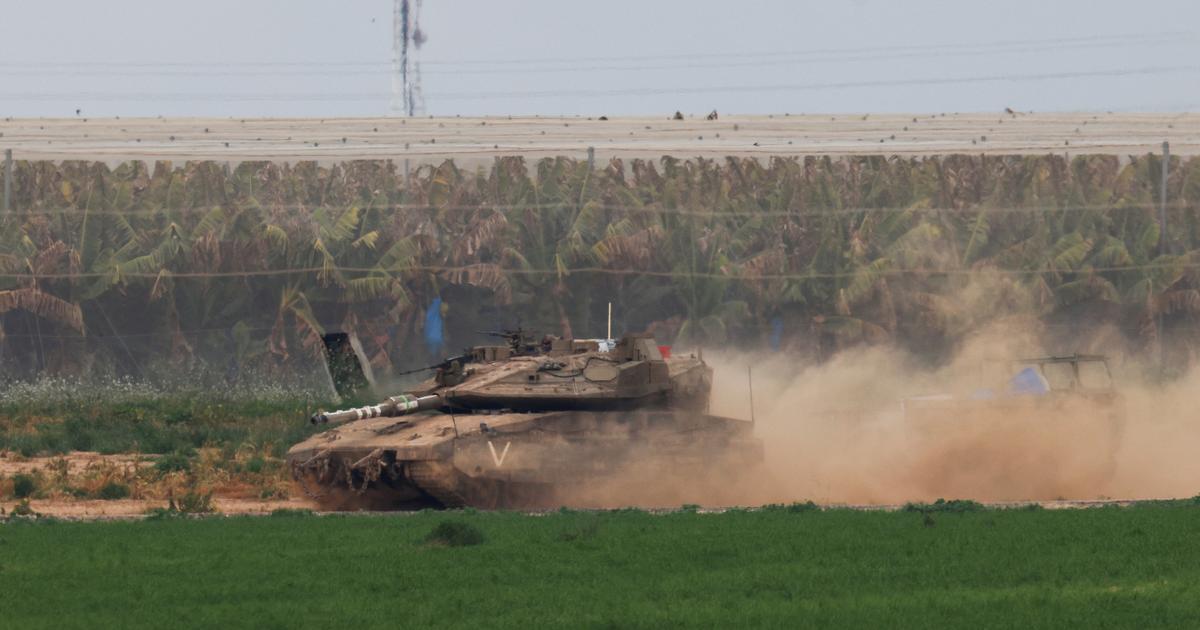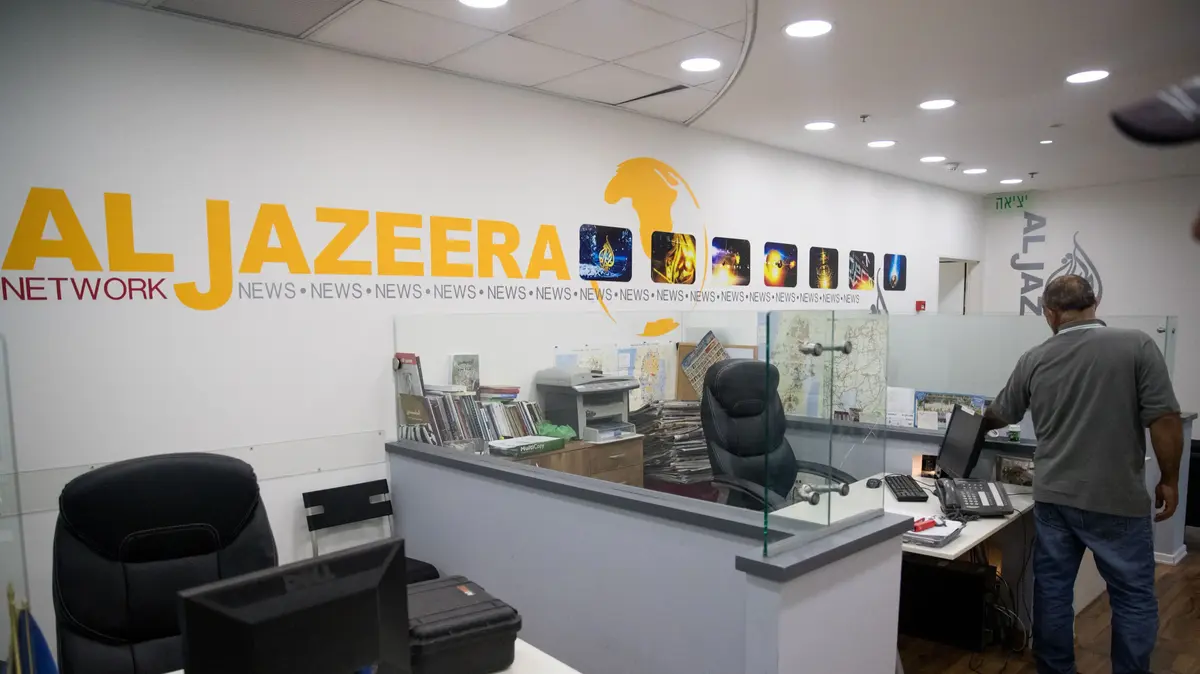news
Corona
From Netanyahu to the media: "Comparing the corona to the Holocaust reduces its importance"
Prof. Liat Steyer-Livni examined the impact of the corona on the representation of the Holocaust in Israel in light of the massive use of images associated with it, such as a yellow badge as a means of protest and the use of Auschwitz as a description of an isolation motel.
According to her, they testify to society as a post-traumatic event that experienced the Holocaust as an ongoing event
Tags
holocaust
Corona
Benjamin Netanyahu
Eli Ashkenazi
Tuesday, 30 November 2021, 20:50 Updated: 20:51
Share on Facebook
Share on WhatsApp
Share on general
Share on general
Share on Twitter
Share on Email
0 comments
"The very contrast of things makes a comparison."
Netanyahu at the Yad Vashem ceremony (Photo: Reuven Castro)
"The Holocaust as a tragic historical event is losing its significance as we use it more and more in the context of the Corona," says Prof. Liat Steyer-Livni, who researches the representations of the Holocaust in Israel.
At a conference to be held next week to mark the 60th anniversary of the establishment of "Moreshet" - a house of testimony named after Mordechai Anielewicz, she will talk about the impact of the corona on Holocaust representations in light of the massive use of images associated with it from the beginning of the plague.
She says "the consciousness of the Holocaust is deep and influential and exists in every aspect of our lives. The combination of Corona and the Holocaust is another link in a long chain of non-Holocaust issues and we throw Holocaust associations at them. It exists all the time and the connection of Corona and the Holocaust is the new link in the chain ".
The future is already here
The smart test that detects an increased risk of having a stroke
To the full article
"It reached a climax with opponents of vaccines." Demonstration in Tel Aviv (Photo: Maariv, Avshalom Shashoni)
More on Walla!
The Chinese embassy compared Israel's steps to the Holocaust and apologized: "The message was misunderstood"
Netanyahu at Yad Vashem: Unlike in the Holocaust - in Corona we recognized the danger in time
November Sale: Your chance to beat the pain - on sale
The conference will examine the state of research on the subject of the Holocaust on several fronts, and will shed light on major trends in the memory of the Holocaust, in Israel and around the world. Steyer-Livni, a lecturer at Sapir Academic College and the Open University, identified two parts to the way the Corona influenced Holocaust consciousness. The first, especially around last year's Holocaust Remembrance and Heroism Day, in which incessant comparisons between the two events were presented.
"They said the corona was a Holocaust," she recalls. "People compared the quarantine to the Holocaust. The media quoted and brought to the studios Holocaust survivors who explained why the quarantine and the corona should be taken in proportions. Holocaust survivors sat in the studios and showed what they looked like after the Buchenwald camp was liberated. "On this issue, it was already a comparison. The counter-reaction that called for stopping comparing to the Holocaust explains how widespread this phenomenon was."
"The older passengers felt like they were in Auschwitz."
Corona Hotel in Tel Aviv (Photo: Flash 90, Yonatan Zindel / Flash 90)
The same contrast is perhaps remembered mainly from the speech of the then Prime Minister, Benjamin Netanyahu, who said at the ceremony at Yad Vashem "unlike in the Holocaust - this time we recognized the danger in time."
"The very contrast between the things makes a comparison," Steyer-Livni explains, emphasizing that the same speech was not unusual, and was against the background of a discourse that was very prominent in Israel at the time.
"The Israeli media did not create these comparisons either, but reported on them extensively and contributed to their dissemination," she explained.
The second part in which the representations of the Holocaust were influenced by the corona took place when in the common discourse they began to use Holocaust associations.
She mentions an interview with a passenger who returned from abroad, after she was unexpectedly informed that she and the other passengers would be sent to the Corona Hotel. In response, the same passenger said that "the older passengers felt like in Auschwitz."
The comparisons to Dr. Mengele and the threats to her life are the highlight. Dr. Elrai Price (Photo: Flash 90, Olivier Fitoussi)
According to Steyer-Livni, comparisons to the Holocaust existed in the ultra-Orthodox society as well as in the secular society.
Both audiences made extensive use of images of the Holocaust, including wearing a yellow badge and wearing prisoner uniforms as in the concentration camps.
"It has reached a peak with opponents of vaccines. There are many hundreds of relentless uses in Holocaust associations such as 'walking like a sheep to the slaughter' and 'the last one to get vaccinated was mangala' and threats against Dr. Galia Rahav and Dr. Sharon Elrai Price," she says.
According to her, there is no ability to quantify and compare this phenomenon to the use of Holocaust associations in the past, although it is clear that social networks have changed the discourse and radicalized it.
"What we have seen and still see is further proof that we are a Holocaust-stricken country. It is deep in our DNA. We are a post-traumatic society that has experienced the Holocaust in the present, not as an event that was and is over. An ongoing event."
Share on Facebook
Share on WhatsApp
Share on general
Share on general
Share on Twitter
Share on Email
0 comments

